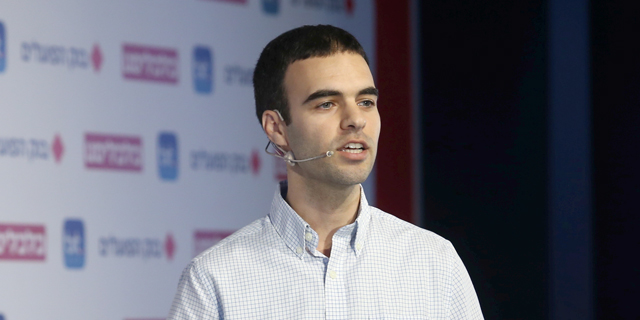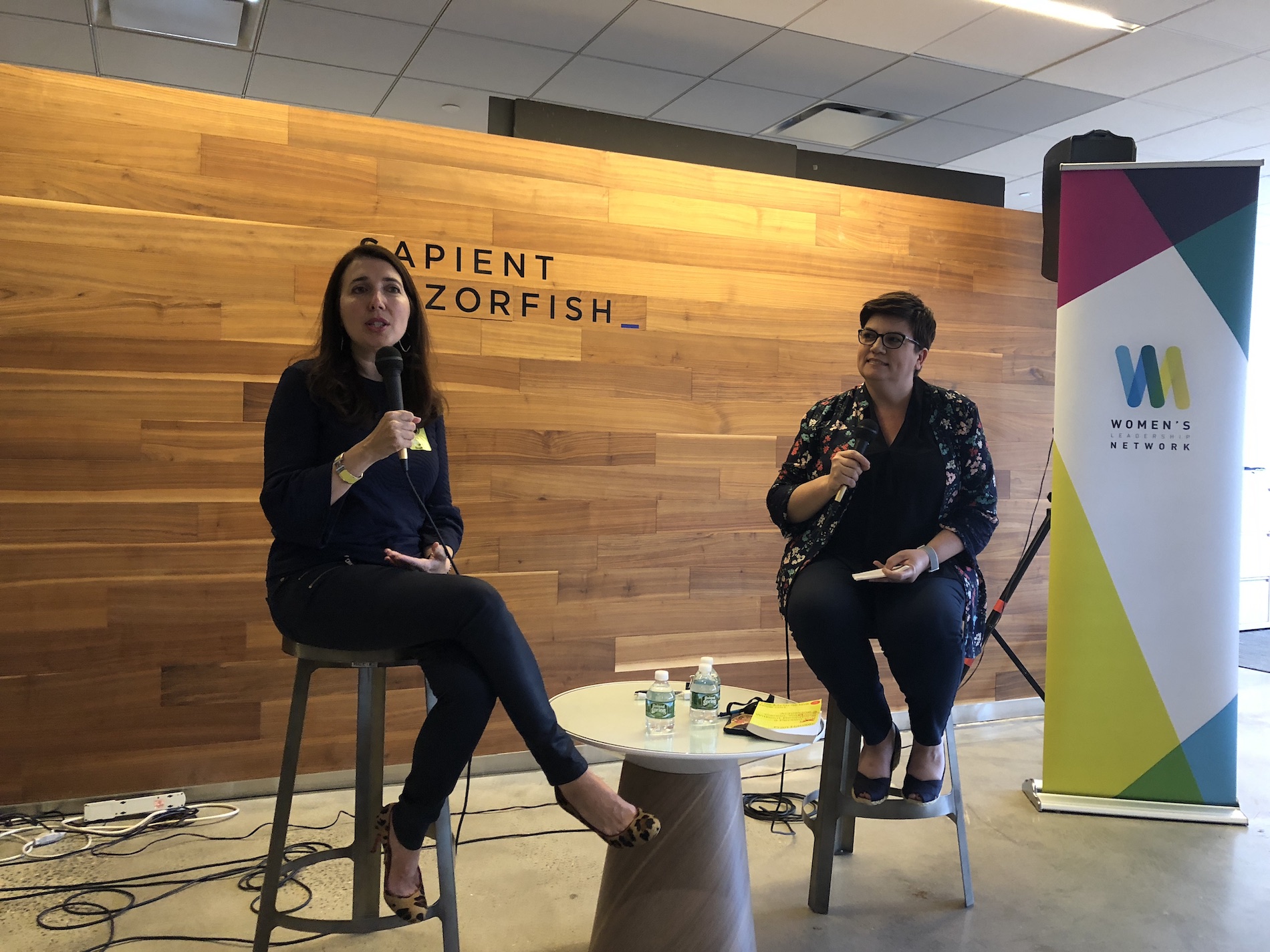
Cybersecurity expert Alon Arvatz has long anticipated threats before they happen, but as Co-founder of threat intelligence platform, IntSights, he has also learned to look to the past.
“People often talk to founders about the importance of pivoting, of doing something different in response to market changes, but sometimes you just need to get back to your roots,” he says.
IntSights was recently acquired by Rapid7 for $335M, taking its place as a highly successful player in the fast-growing cybersecurity market. But, according to Arvatz, who is now Senior Director of Product Management at Rapid7, there was a time when the company temporarily lost its way. In his role leading strategy, Arvatz helped realign the company with its original mission. At a Founders Network keynote presentation on January 18, Arvatz provided his advice about how to use the past to help steer your team to a successful future.
“People often talk to founders about the importance of pivoting, of doing something different in response to market changes, but sometimes you just need to get back to your roots.” - @IntSights Share on XDemocratizing threat intelligence
In 2014, Arvatz and his Co-Founder Guy Nizan, who trained together in an elite Israel Defense Forces intelligence unit, decided to help small and mid-sized companies upgrade their cybersecurity efforts.
To learn more about how to use the past to help steer your team to a successful future, see if you qualify for membership and check out the webinar from January 18.
“Companies need to do more than secure their own environment. They also need to look at ‘enemy territory,’ to understand what threats bad actors are planning. Based on that, we can also prevent attacks before they happen,” he explains.
Arvatz says that while large enterprises have the resources to employ 5-20 team members to spend all day logging on to hacker forums on the dark web, scanning social media and searching through data sharing platforms and phishing repositories, SMEs just can’t afford that. Even when smaller companies succeed at identifying a threat, they often fall behind trying to neutralize it. “If it’s late, it is not intelligence,” says Arvatz, quoting one of his mottos.
IntSights leverages technology like automated scraping of data from the web, AI and NLP to analyze data and isolate only the threats that are relevant to customers. The team also developed software to automatically neutralize that threat, such as contacting Facebook to remove a fake social media profile or deleting data from a phishing website. Aiming at companies with small security teams, the IntSights platform was purposefully designed to be simple, with zero configuration.
“Without fully understanding what we were doing, we built a platform that would allow organizations of any size to leverage threat intelligence, which is something that didn’t exist before. We sought to democratize threat intelligence, so any company could benefit, not only giants like Citibank and Bank of America,” Arvatz says.
“Without fully understanding what we were doing, we built a platform that would allow organizations of any size to leverage threat intelligence, which is something that didn't exist before.” - @IntSights Share on XWhy bigger isn’t always better
As IntSights grew, it began to market itself to bigger companies – despite the original plan to serve mostly mid-sized clients. “Everyone said: ‘The big contracts are with the biggest enterprises. You need to aim higher,’ so that’s where we took the company,” Arvatz recalls.
Problems soon began to emerge, from released features that were not impactful enough for existing customers to a misalignment between product, sales and marketing. Soon, there was noticeable “friction” between the sales and product teams.
Feeling that a significant change was necessary, Arvatz consulted with a member of the board directors as well as an industry expert, before deciding to take bold action. “Sometimes, you just need to trust yourself. We realized that we needed to go back to our origins and focus on mid-sized enterprises because they’re really the ones who need us and can best benefit from our technology,” he says.
The fact that those companies represent a bigger portion of the market, with some eventually set to become tomorrow’s large companies, added to the decision. IntSights is also furthering its expertise aimed at specific sectors, an area of growth that fits well with their original mission.
“Sometimes, you just need to trust yourself. We realized that we needed to go back to our origins and focus on mid-sized enterprises because they're really the ones who need us and can best benefit from our technology.” - @IntSights Share on XFinding your way home
Having helped his company right its course, Arvatz is often asked to help other founders reconsider their approaches to strategy. He recommends renewed belief in your own thoughts, humility and a willingness to consult with outside experts, when necessary.
“At the end of the day, you know your company best. You took the company this far. Trust that with your own common sense, you can take it further,” he says.
Ongoing communication with the whole team is also crucial, especially when realigning product and marketing teams. “Get input from everyone that’s going to be affected and create iterations. At every step, keep them in the loop, And if you do that, you ensure that once the product is out, everyone is on the same page and running in the same direction.”
Today, as he continues to work with his team to identify their ideal customers, he is struck by the path they’ve traveled.
“When you start something, you look at the market, see pain points and make the decision to help your customers by solving a problem. Sometimes, you can do a whole market analysis and try to rebuild your DNA, only to realize the same things you knew at the beginning.”
Register with Founders Network to know if you qualify for full time membership and learn:
- Why SMEs may represent the future of threat intelligence
- What all companies can learn from the cybersecurity market
- How to handle friction between product and marketing teams
- When and how to trust your founder instincts
To learn more about how to use the past to help steer your team to a successful future, see if you qualify for membership and check out the webinar from January 18.






